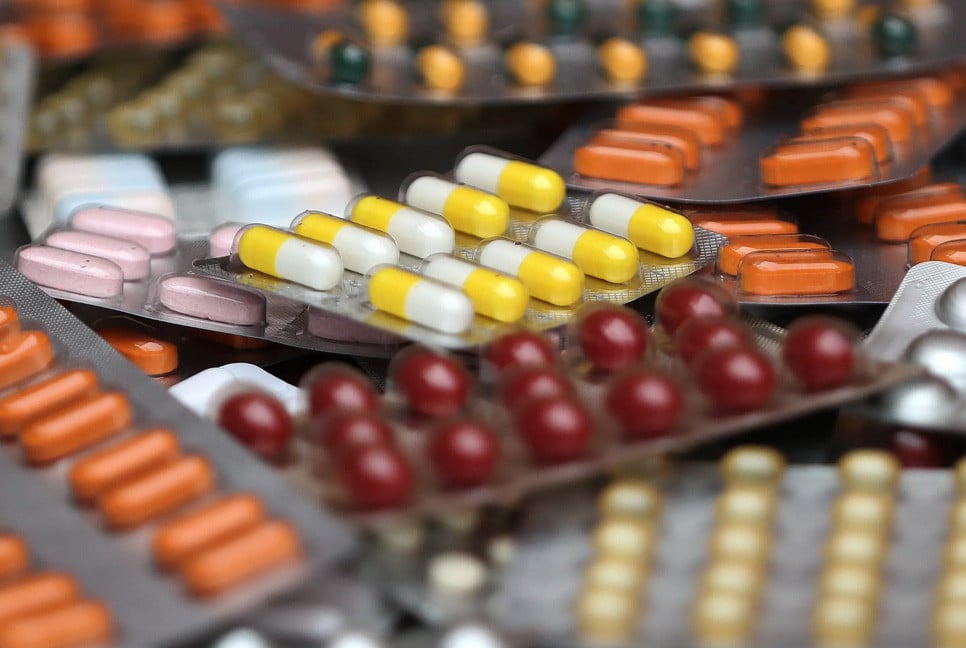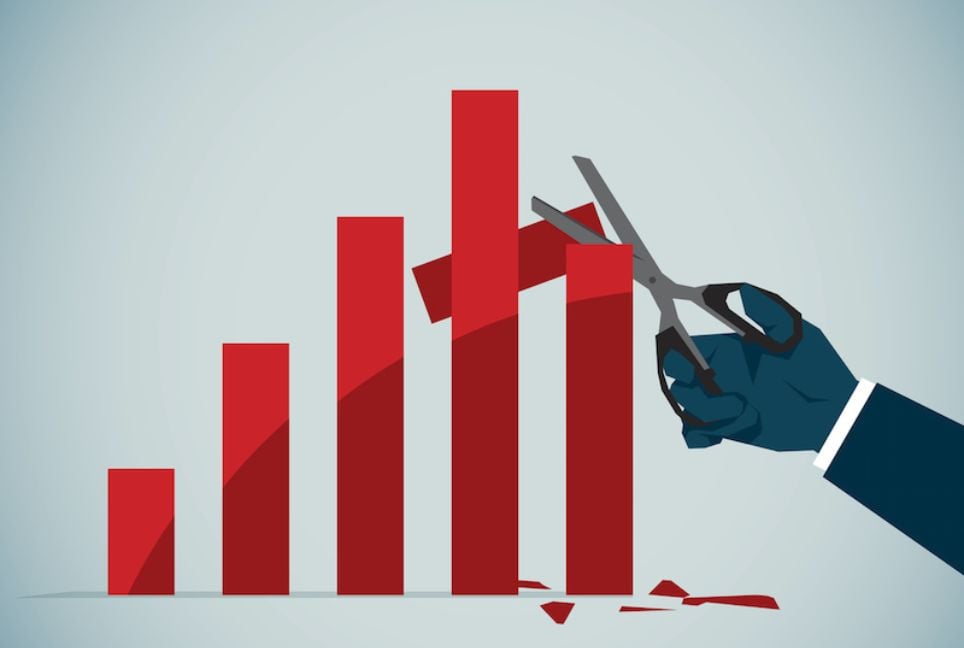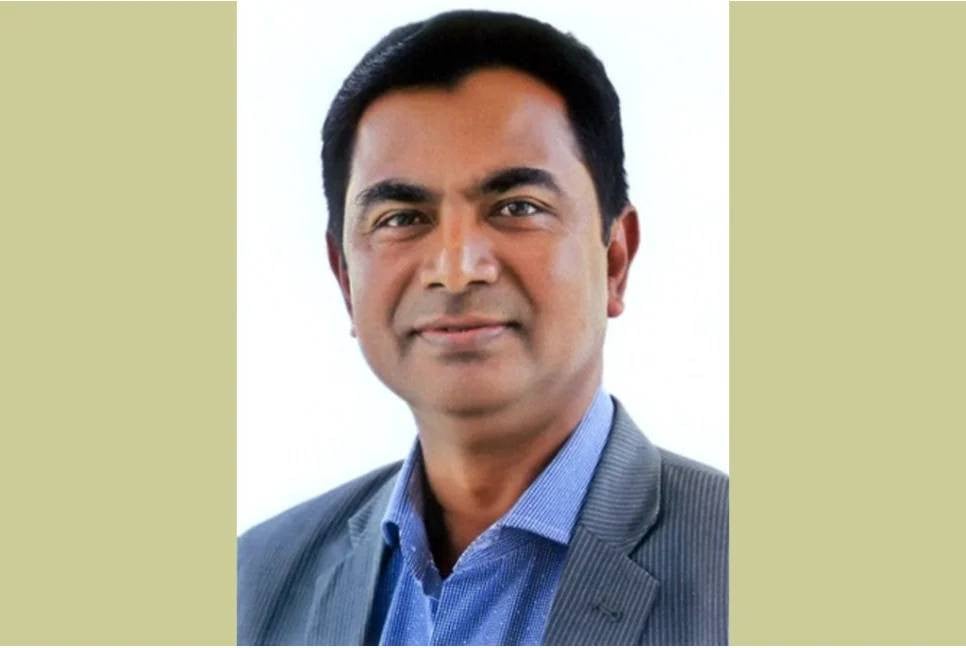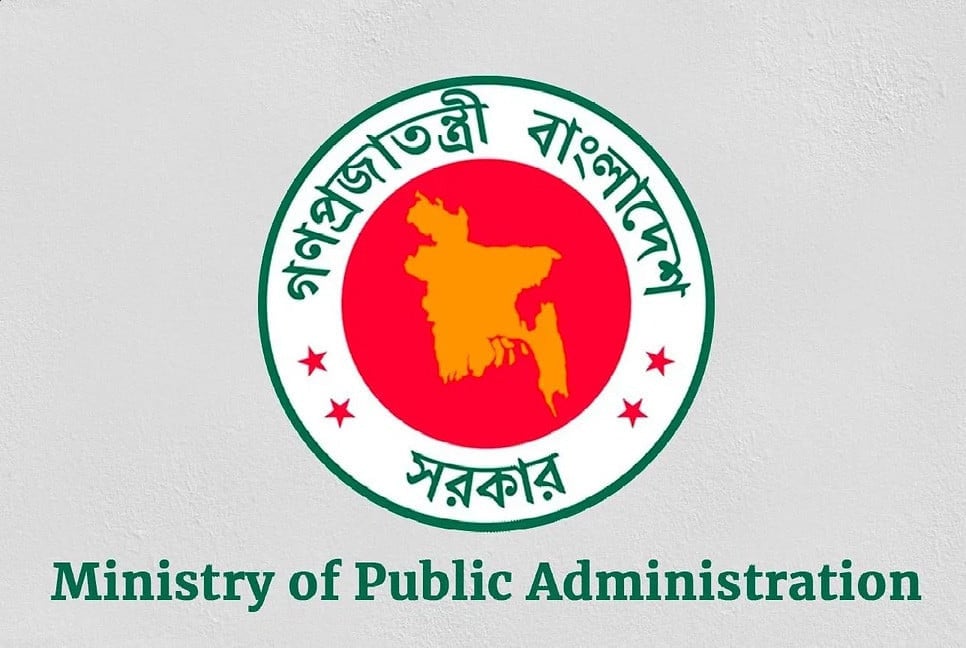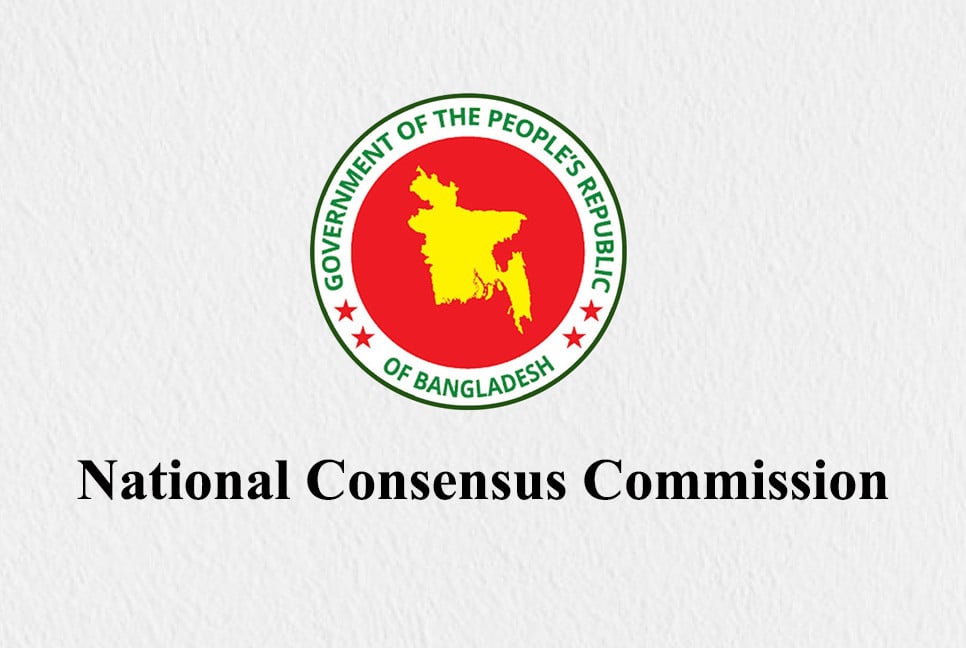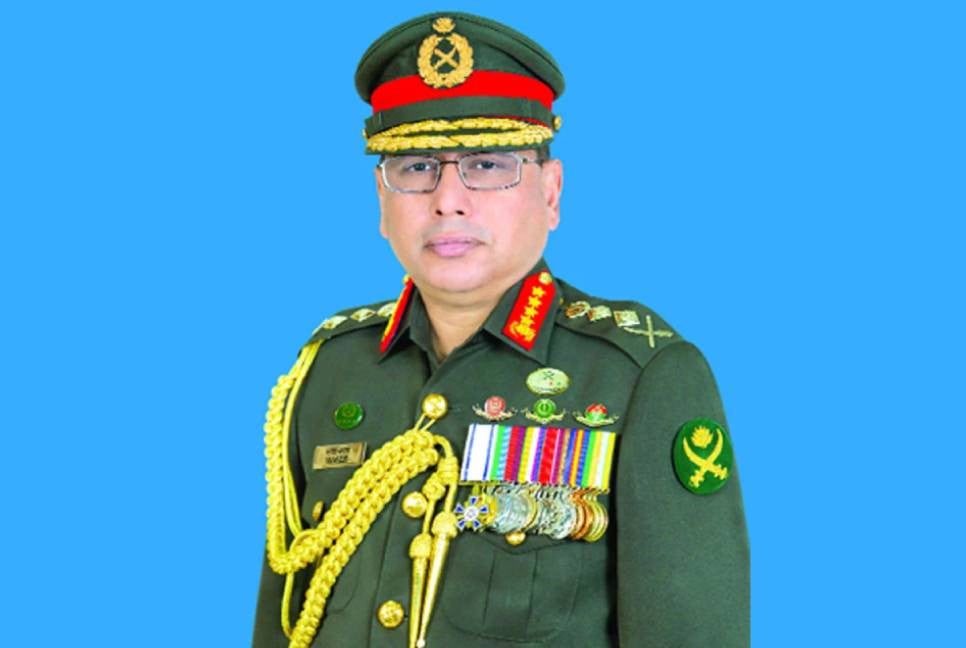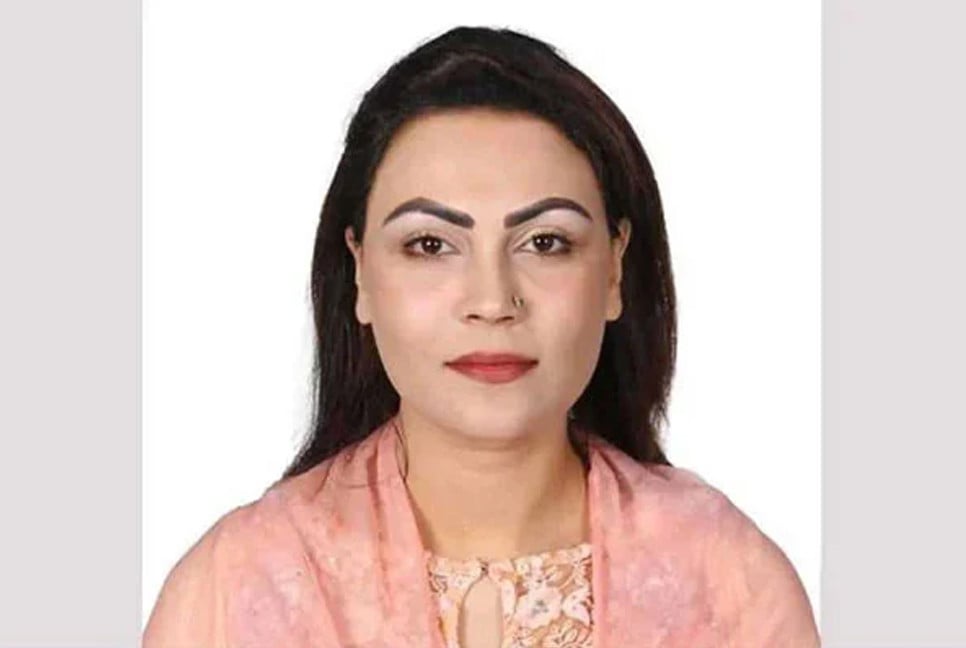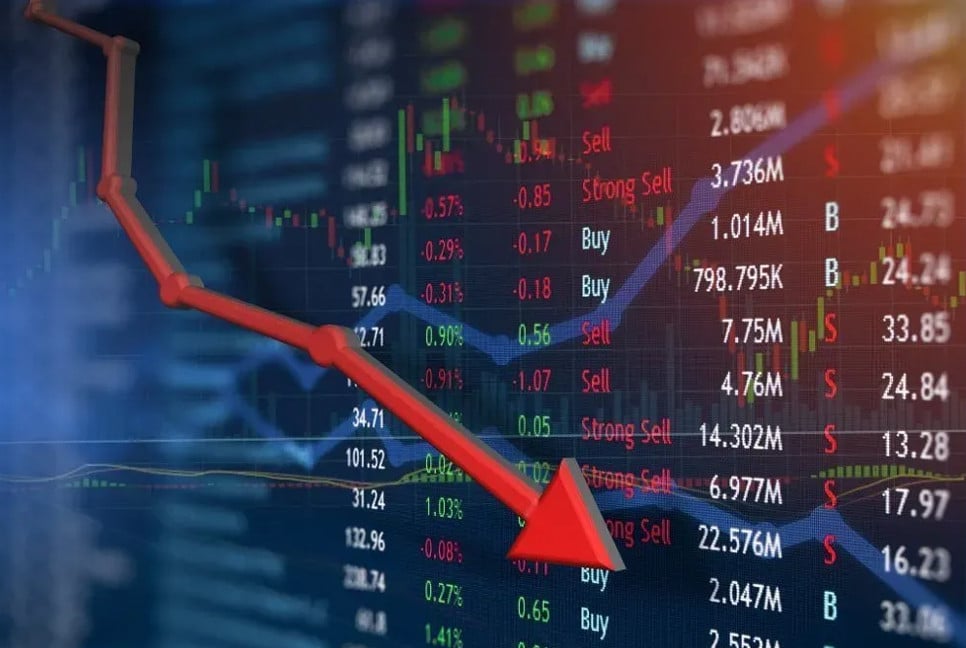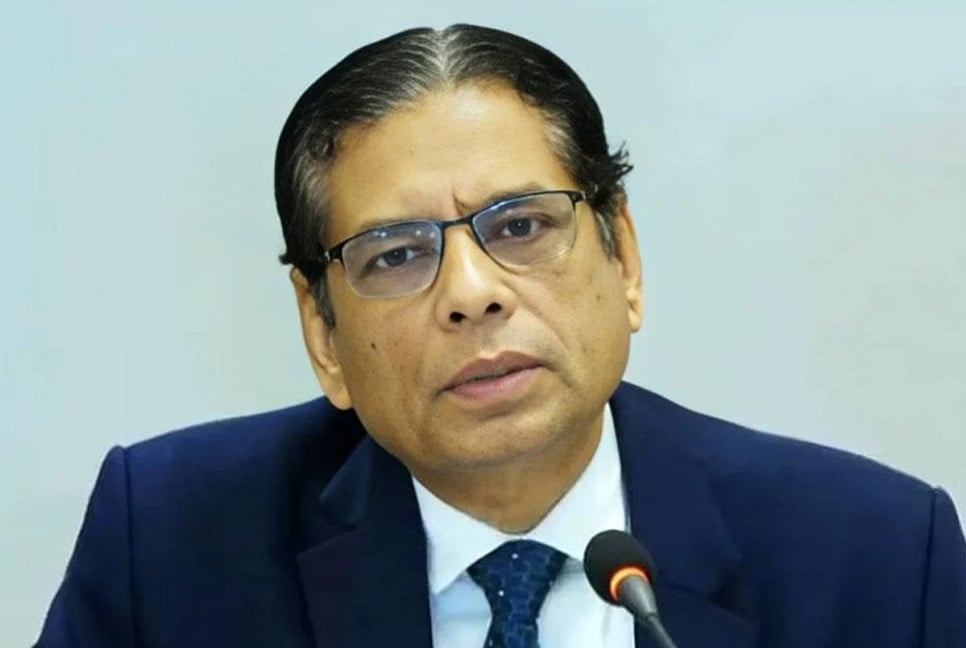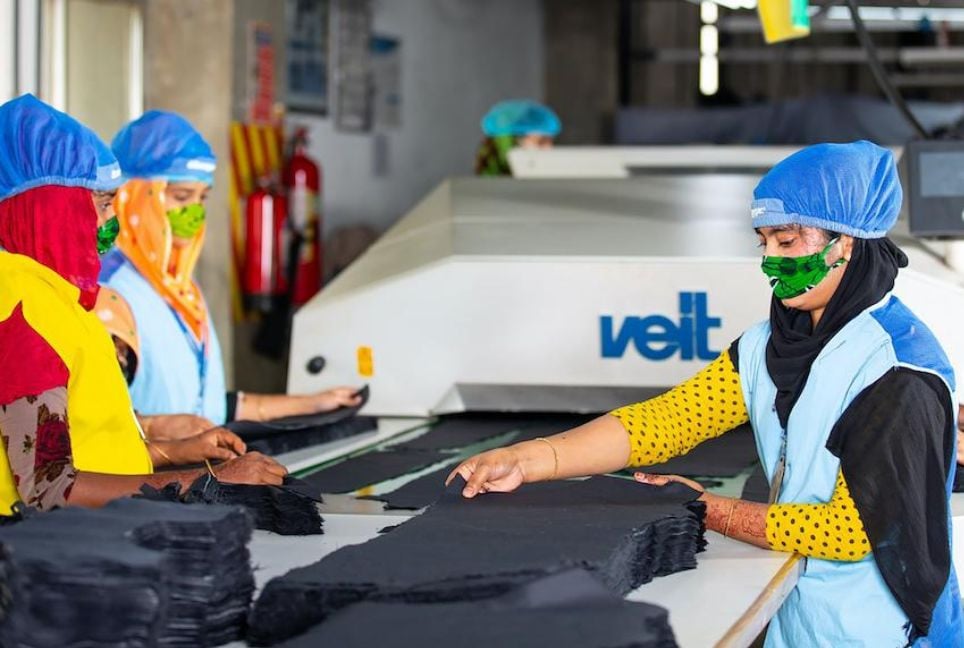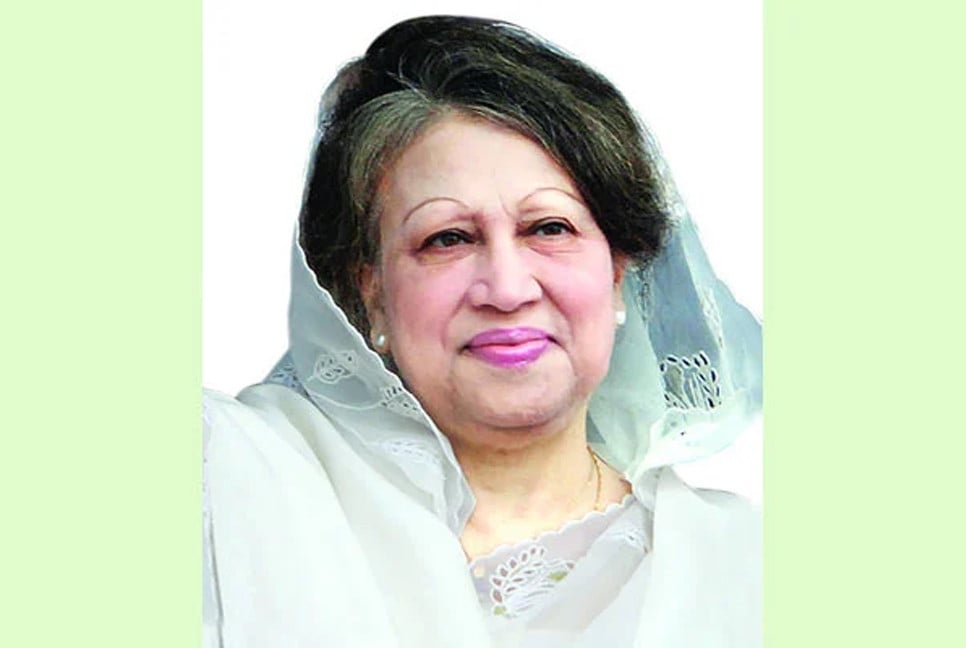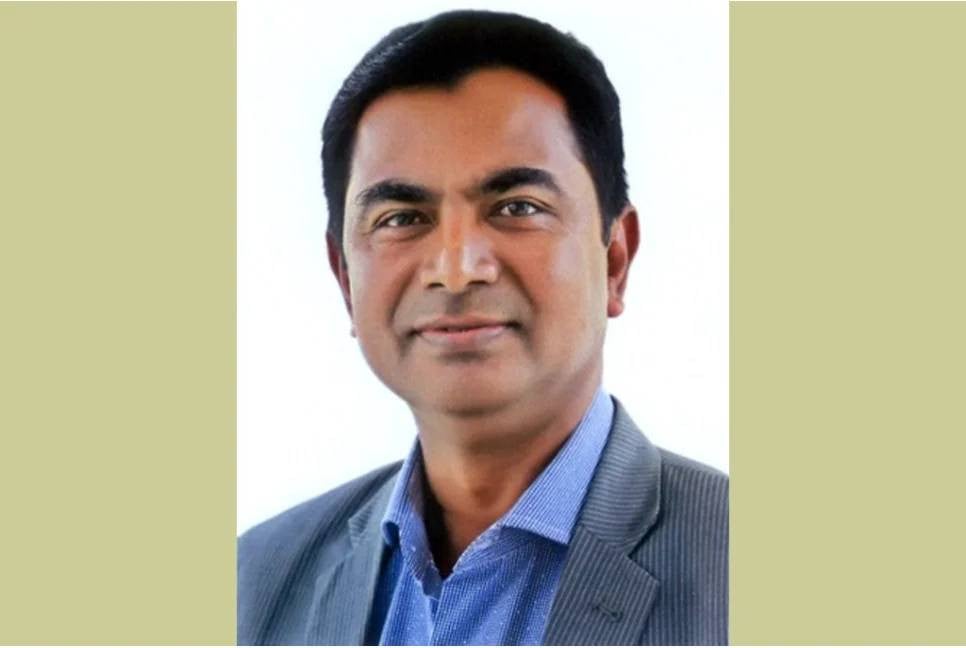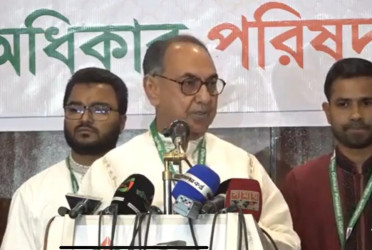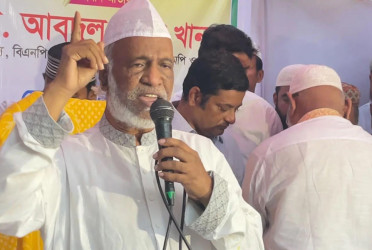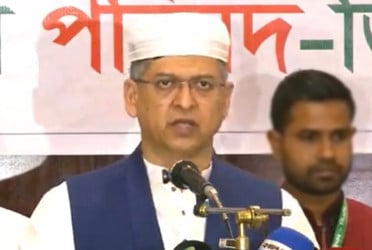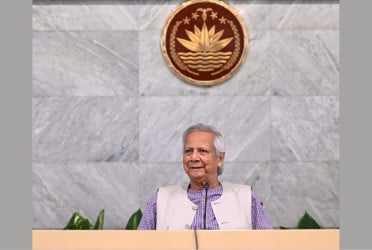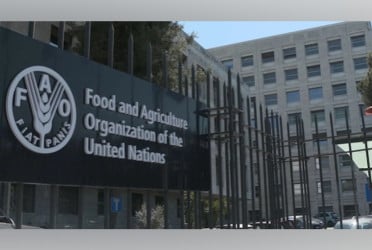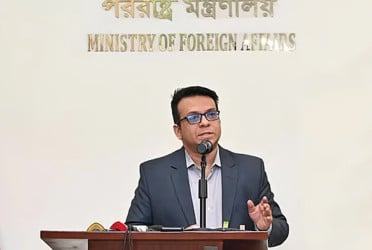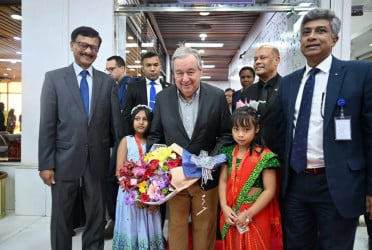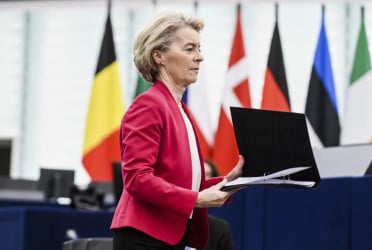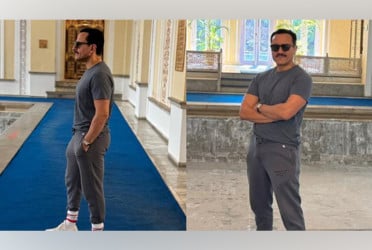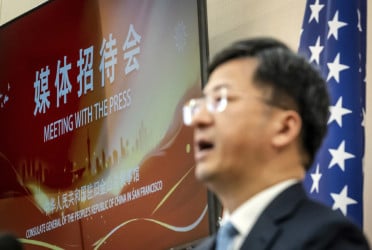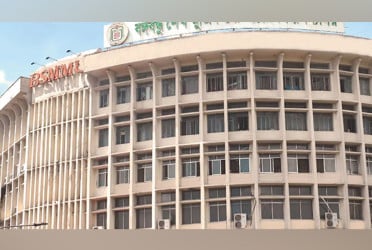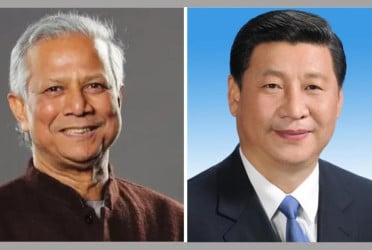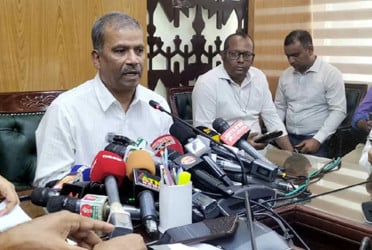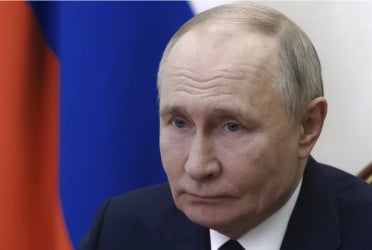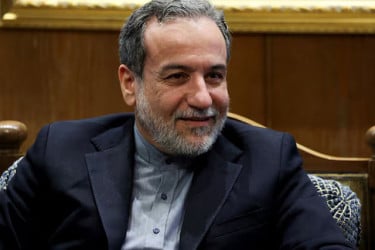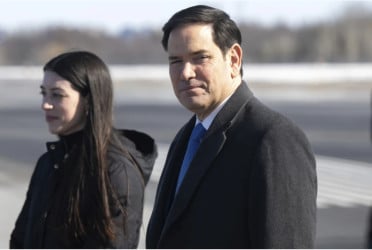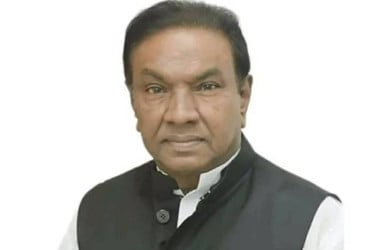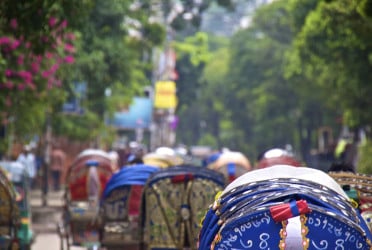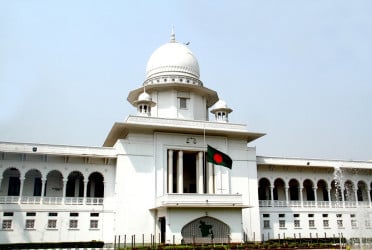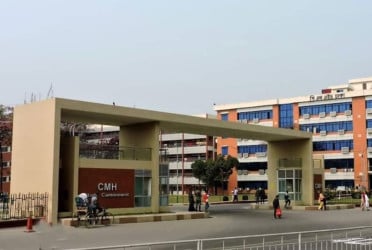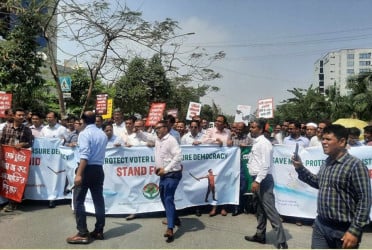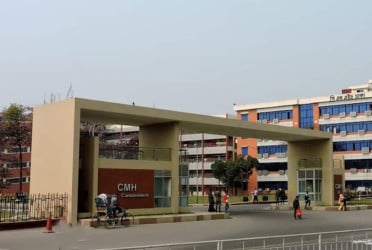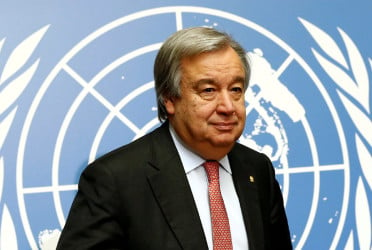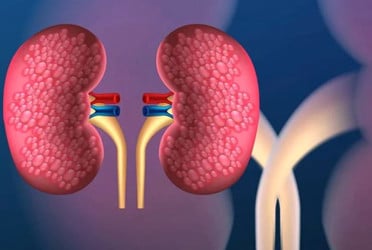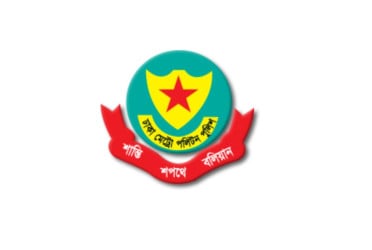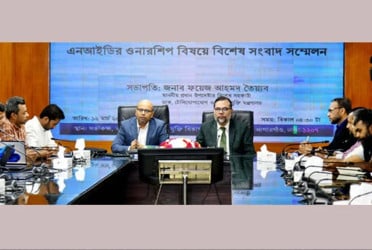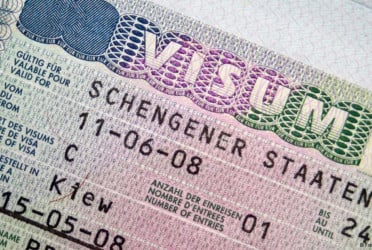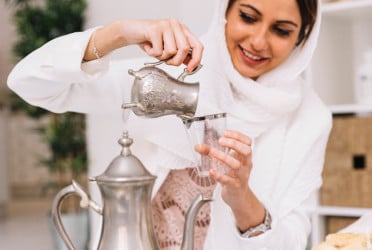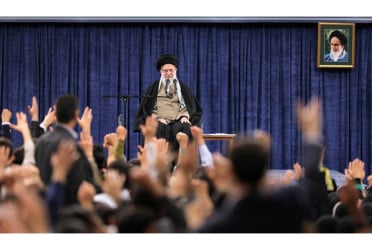Sayeed Hossain (42) has lost control of the right side of his body due to a stroke. He also has hypertension and hormonal problems. He accompanied by his wife came to the capital’s Ibrahim Cardiac Hospital for a follow-up.
Talking to Bangladesh Pratidin, Fahmida Khatun, Sayeed’s wife, said: “The stroke made Sayeed bedridden since last year. Besides, he has health complications including high blood pressure.”
“Initially, his medicine cost 4-5 thousand taka per month.” Fahmida added: “With the increase in the price of medicine, the cost increased by about two thousands, raising the monthly medicine expense to 6-7 thousand.”
She said that continuing her husband’s treatment hits her hard due to the ‘high expenses’.
Visiting various pharmacies in the capital, the reporter has seen that fexofenadine has been increased from 8 taka to 9 taka per piece, azithromycin from 35 taka to 40 taka per piece, montelukast from 16 taka to 17 taka 50 paisa per piece, vitamin B1 B6 B12 from 7 taka per piece to 10 taka in two stages.
In addition, the price of esomeprazole has been increased from 5 taka to 7 taka per piece, losartan potassium 50 mg has been increased from 8 taka to 10 taka per piece, paracetamol 500 mg has been increased from 8 taka to 10 taka per piece, paracetamol 665 mg has been increased from 15 taka to 20 taka per piece. Paracetamol syrup has been increased from 20 taka to 35 taka. Amlodipine atenolol 5 mg has been increased from 6 taka to 8 taka, bromazepam 3 mg has been increased from 5 taka to 7 taka. The price of aspirin 75 mg used to be 5 taka for 10 pieces, now it is 8 taka.
Tarek Mahmud, an employee of a private organization, came to buy medicine at a pharmacy called Hossain Medical Hall in Badda. He said: “I am suffering from high blood pressure. To control it, I have to take medicine regularly as per the doctor's advice.”
“Earlier, I used to buy a medicine for 80 taka. Now I have to buy it for 100 taka.”
Though his income remains the same, his expanse is increasing day by day, he said. “If I want to survive, I have to buy medicine. How can I reduce this expense?”
A study by the Health Economics Unit has shown that a patient has to spend 68.50 percent taka from his own pocket for treatment. The patient has to spend the most, 64 percent taka, on the medicine sector.
Professor Syed Abdul Hamid, Institute of Health Economics at Dhaka University, said that country people is buying medicine without prescription and taking it unnecessarily. This is one of the leading causes behind the hike of medicine price.”
“On the other hand, the shopkeepers provide medicine as they wish, and many unscrupulous doctors also give extra medicine.” The professor also blames the aggressive marketing of the companies.
“The country produces more medicines than it needs. That's why they do ‘push sales’. So we have to determine the demand and produce accordingly,” he continued.
Director and spokesperson of the Department of Drug Administration Dr Md Akter Hossain said: “I have been in charge for a short while. As far as I know, there has been no increase in the price of medicines in the last five-six months.”
Bangladesh Association of Pharmaceutical Industries (BAPI) general secretary S M Shafiuzzaman said that the price was not increased in recent time.
“If the price rises in the consumer level, then it has increased in ‘different way’, he continued.
Translated by Afsar Munna

